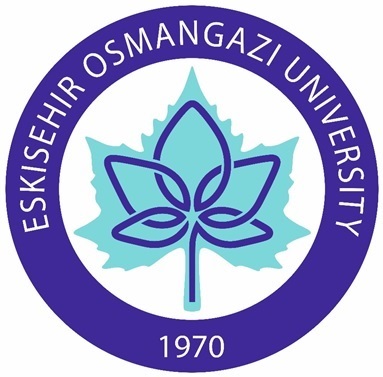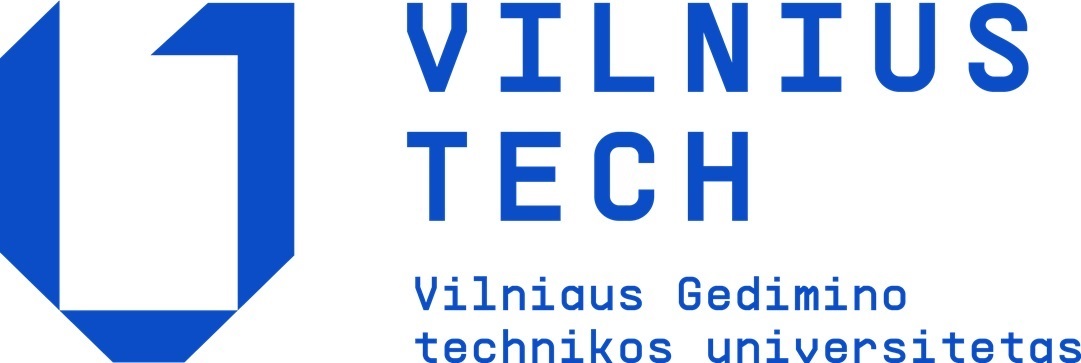
ESKİŞEHİR OSMANGAZİ UNIVERSITY, TURKEY
The coordinator university, Eskişehir Osmangazi University (ESOGU) has a strong background in the aerospace industry since there are several projects conducted in collaboration with major aerospace companies such as Turkish Aerospace Industries (TAI), TUSAŞ Engine Industries (TEI), Alp Aviation, Turkish Air Force - 1st Air Supply and Maintenance Center Command. Moreover, National Aviation Cluster (ESAC) has members from ESOGU staff who take active roles in the national aerospace industry. Eskişehir is also known as the City of Aviation in Turkey due to the national aviation history and therefore, ESOGU is one of the leading institutes to support this role of the city. In 2019, TAI demanded a prospective human source from ESOGU in the field of aerospace and thus, ESOGU applied to the Council of Higher Education (YÖK) to found a new engineering department, Department of Aeronautical Engineering. During this process, TAI and Turkish Air Force - 1st Air Supply and Maintenance Center Command supported ESOGU by means of industrial partnership, where prospective engineers graduated from this department will be employed as well as joint researches will be carried out. At the end of 2019, YÖK approved the establishment of this new department. Hence, long- lasting collaborations between ESOGU and the aerospace industry have been gathered under a single roof of the Department of Aeronautical Engineering.
TUSAŞ ENGINE INDUSTRIES, TURKEY
TUSAŞ Engine Industries Inc. (TEI) is an incorporated company established in 1985 as a joint venture of Turkish Aerospace Industries Inc. (TAI), General Electric (GE), Turkish Armed Forces Foundation (TAFF) and Turkish Aeronautical Association (TAA). TEI, which has become an international manufacturer and a global design center today with the high quality products and services it offers to aviation industry, consistently moves forward step by step every day, accomplishing its corporate goals. TEI produced and delivered its first engine and engine parts in 1987, and since then, it has transferred production, assembly and testing technology of aircraft engine parts and modules to our country and also proved its success in global markets with its reliable, high quality production that meets international standards.
UNIVERSITY OF AVEIRO, PORTUGAL
University of Aveiro (UA) is a well-experienced university in the field of digital manufacturing. The project group deals with digital tools to develop advanced manufacturing methods such as 3D printing. The background of the team is based on mechanical engineering so that they possess a good manufacturing knowledge. There is a research center in UA, namely “The Centre for Mechanical Technology and Automation (TEMA)”. The group from UA consists of recognized researchers that are active members in TEMA. Hence, UA provides a deep knowledge for the digitalization side in 3D printing operation. In addition to their strong experience in the field of manufacturing, Aerospace Engineering Program has been founded in UA very recently.
VILNIUS GEDIMINAS TECHNICAL UNIVERSITY, LITHUANIA
Vilnius Gediminas Technical University (VILNIUS TECH) is a prominent university in aerospace engineering, deeply engaged in advancing the field through a wide range of activities and expertise. VILNIUS TECH is a member of the prestigious aerospace network, Pegasus, highlighting their dedication to aerospace research and education. Furthermore, this university has invested in specialised laboratories and equipment, providing students with a conducive environment for hands-on learning and research. Taking into account the university's dedicated airfield, which serves as a practical testing ground for various aerospace projects, including drone and UAV development. VILNIUS TECH has a robust digital aviation infrastructure, featuring advanced flight simulators and digital tools for pilot training and air traffic control. Recognising the significance of digital manufacturing, VILNIUS TECH is committed to advancing 3D printing processes within aerospace. VILNIUS TECH has proactively planned its role in the aerospace sector, with a strong emphasis on digital technologies.

The European Commission's support for the production of this publication does not constitute an endorsement of the contents, which reflect the views only of the authors, and the Commission cannot be held responsible for any use which may be made of the information contained therein.





